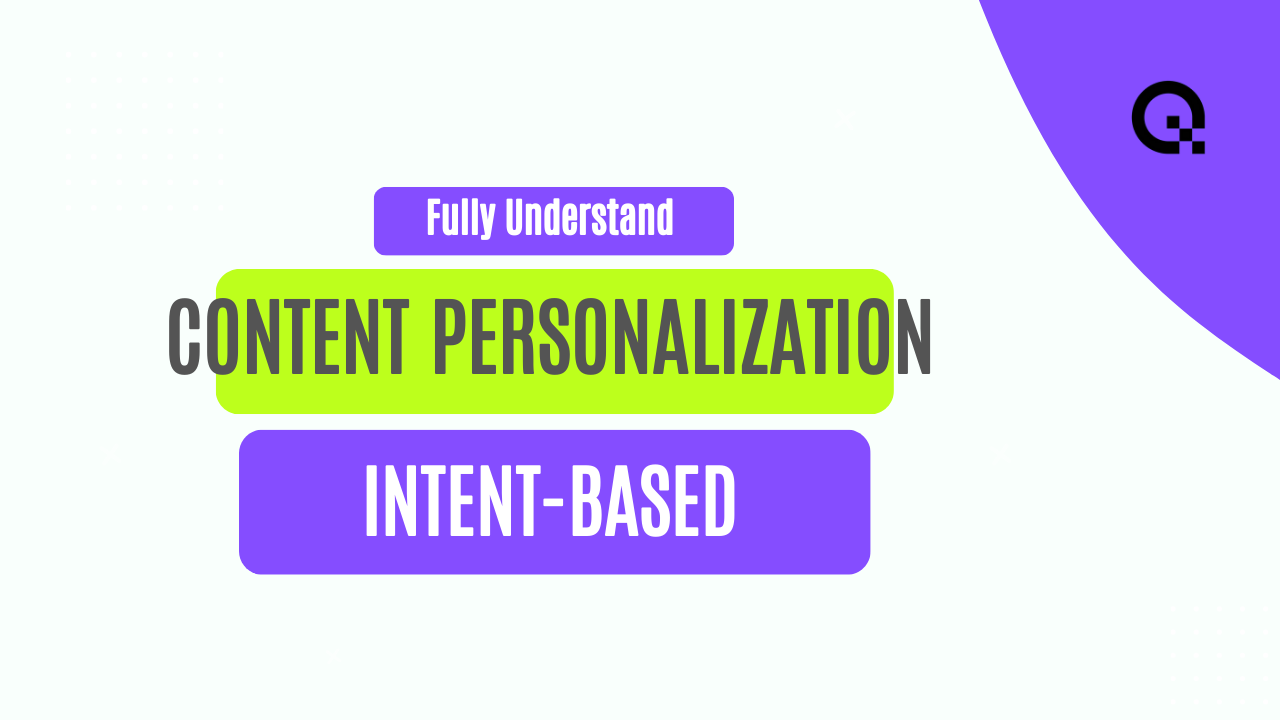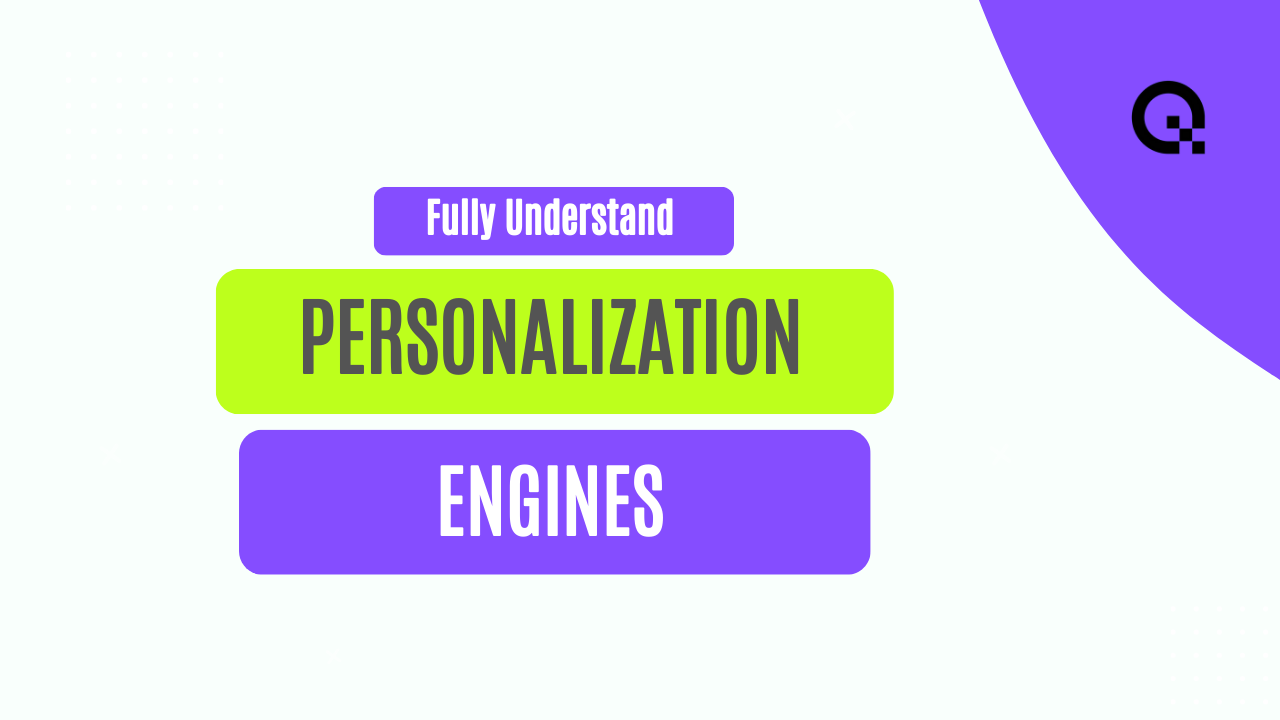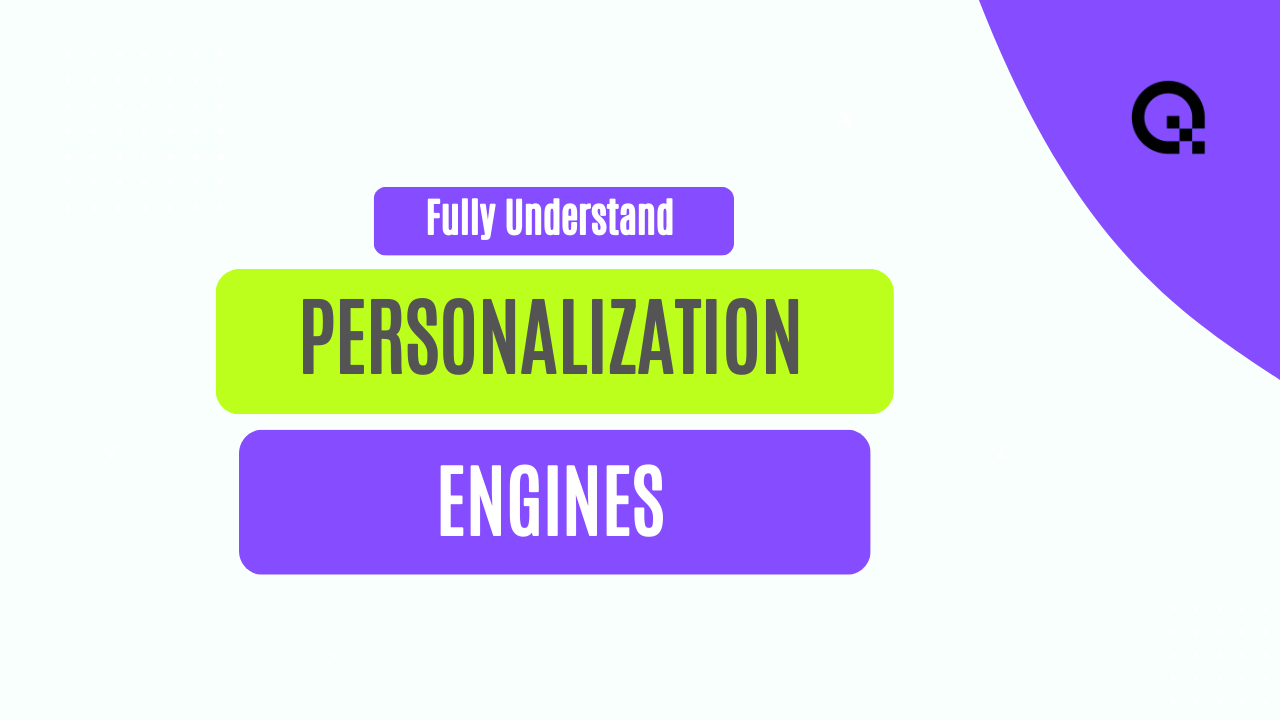Dynamic Website Content Adaptation to Visitor Intent
In today's digital age, having a dynamic website that adapts to visitor intent is crucial for businesses looking to engage their audience effectively. This blog post will delve into the importance of dynamic website content adaptation and how it can enhance the user experience, boost conversions, and ultimately drive business growth.
The Significance of Dynamic Website Content
Static websites with fixed content no longer cut it in a world where user preferences and behaviors are constantly evolving. Dynamic website content allows businesses to tailor their messaging and offerings based on visitor intent, ensuring a personalized and relevant experience for each user.
By leveraging dynamic content, businesses can showcase the right products, services, or information to the right audience at the right time. This level of personalization not only increases user engagement but also fosters a sense of connection and loyalty with the brand.
Furthermore, dynamic website content enables businesses to stay agile and responsive to market trends, competitor activities, and user feedback. By analyzing visitor interactions and behavior, businesses can optimize their content strategy in real-time to better meet user needs and expectations.
Enhancing User Experience through Personalization
One of the key benefits of dynamic website content adaptation is the ability to deliver a personalized user experience. By understanding visitor intent, businesses can create tailored content that resonates with users, leading to higher engagement and conversion rates.
Personalization goes beyond simply addressing users by their name; it involves presenting relevant content, product recommendations, and calls-to-action based on user behavior, preferences, and past interactions with the website. This level of customization not only improves user experience but also increases the likelihood of driving desired actions, such as making a purchase or signing up for a newsletter.
Moreover, personalized content can help businesses build brand trust and credibility. When users feel that a website understands their needs and preferences, they are more likely to perceive the brand as reliable and customer-centric, leading to long-term relationships and repeat business.
Driving Conversions and Business Growth
Dynamic website content adaptation plays a pivotal role in driving conversions and ultimately fueling business growth. By delivering tailored content that aligns with visitor intent, businesses can guide users through the sales funnel more effectively and increase the likelihood of conversion.
Through personalized recommendations, targeted messaging, and optimized calls-to-action, businesses can nudge visitors towards taking desired actions, whether it's making a purchase, filling out a contact form, or subscribing to a service. This level of customization and relevance can significantly impact conversion rates and revenue generation.
Furthermore, dynamic website content adaptation can help businesses gain a competitive edge in their industry. By staying attuned to visitor intent and continuously optimizing their content strategy, businesses can differentiate themselves from competitors, attract new customers, and retain existing ones.
Adapting to Visitor Intent in Real-Time
One of the key advantages of dynamic website content adaptation is its real-time responsiveness to visitor intent. By leveraging data analytics, user tracking, and AI-powered algorithms, businesses can dynamically adjust their content based on user interactions, preferences, and browsing patterns.
For example, if a visitor shows interest in a specific product category, the website can showcase related products, promotions, or content to further engage the user and encourage exploration. Similarly, if a visitor abandons a shopping cart, the website can trigger personalized retargeting campaigns to bring them back and complete the purchase.
By adapting to visitor intent in real-time, businesses can create a seamless and personalized user journey that maximizes engagement, satisfaction, and conversion opportunities. This proactive approach not only enhances the overall user experience but also positions the business as a responsive and customer-centric entity.



